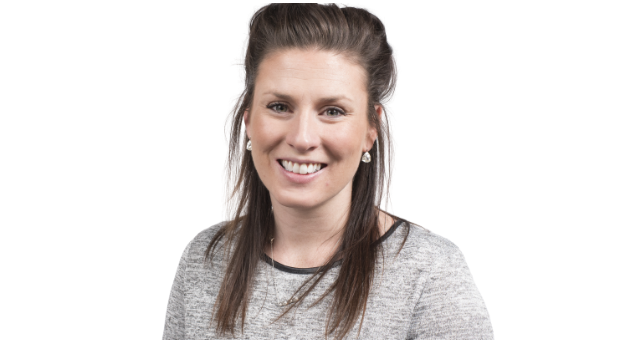Stillbirth CRE's Future Leaders Fellowship 2022
Congratulations to Department of Obstetrics & Gynaecology researcher Dr Teresa MacDonald who was awarded the 2022 Stillbirth CRE's Future Leaders Fellowship

We are very happy to officially announce Dr Teresa MacDonald as the winner of the Stillbirth Future Leaders Fellowship. This fellowship is designed to support exceptional early career stillbirth researchers whose projects align with the CRE's priority areas and make a meaningful contribution to the CRE's program of work.
Dr Teresa MacDonald is a Clinician Scientist Research Fellow with the University of Melbourne; and she works clinically as an Obstetrician at Mercy Hospital for Women. Teresa obtained her PhD in 2019. She investigated new ultrasound and blood-based biomarkers to better detect fetal growth restriction and poor placental function to reduce stillbirth. Her post-doctoral research continues in the same field.
The Stillbirth CRE’s Future Leaders Fellowship is supporting Teresa in continuing her research program. In particular, Teresa’s work aims to improve diagnosis of fetal growth restriction among ‘appropriately grown’ fetuses, by identifying those with slowing growth. Teresa has previously showed significant links between slowing fetal growth rate and poor outcomes due to placental dysfunction, even when babies are not small. Slowed fetal growth shows promise in alerting clinicians to an under-investigated group at potentially increased risk of stillbirth.
Teresa has now curated a retrospective cohort of 24,418 pregnancies with ≥2 ultrasounds from the time of the routine mid-pregnancy fetal anatomy scan or later. From these, fetal growth rate will be tested to determine its relationship with important outcomes related to fetal growth restriction, including: perinatal death, poor infant condition at birth, small (<10th centile) or severely small (<3rd centile) infants at birth, and significant neonatal nursery admissions. Teresa will quantify the risks of slowing growth, and investigate the relationship between slowing growth and levels of a new promising biomarker of placental function that circulates in the blood of pregnant women – SPINT1 – first discovered through her PhD. Teresa’s research aims to determine when ultrasounds to assess fetal growth can be done to best identify babies at risk. This will be critical information to allow assessment of fetal growth rate to become part of standard care in the clinic, whenever a growth scan is done.